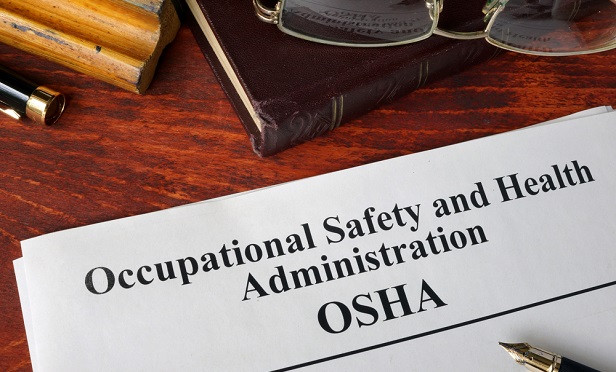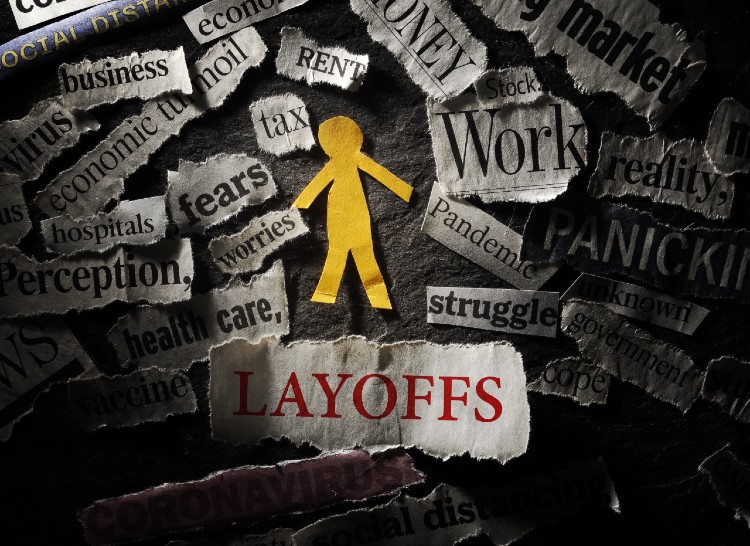 Leaders will need to reconsider possible changes to their supply chain design to limit future disruptions, as well as global strategies. (Photo: Shutterstock)
Leaders will need to reconsider possible changes to their supply chain design to limit future disruptions, as well as global strategies. (Photo: Shutterstock)
As the immediate COVID-19 health crisis begins to subside, business leaders must develop a post-pandemic strategy to deal with what could be prolonged – if not lasting — economic impacts, according to The Hackett Group's report, "Navigating the Coronavirus Crisis."
"A global recession beginning in the second quarter of 2020 is now a near certainty. What is unknown is its severity and duration," the authors write. "Managing the extraordinary challenges ahead will place unprecedented demands on leadership."
Related: Small businesses already showing effects of COVID-19 on hiring
In the short-term, business leaders need to focus on crisis management, managing the immediate impact on staff, business operations and financials. Over the next 12 months, leaders will need to develop scenarios and plans to manage through the recession that The Hackett Group expects will begin in the second quarter. Beyond this time frame, leaders will need to craft a post-crisis/recession strategy revision that includes scenarios to deal with the lasting effects of the crisis and recession.
"Once the crisis subsides and its consequences become clearer, companies must update their strategies in ways that help them adapt to new realities," the authors write. "This will present threats as well as strategic opportunities. The most agile companies will be able to adapt the fastest, letting them seize opportunities quickly and thrive as a result."
Leaders will need to reconsider possible changes to their supply chain design to limit future disruptions, as well as global strategies, particularly if political and public sentiment changes due to the pandemic, according to the report. Companies will also have to be more agile and possibly accelerate structural changes to the operating model, including "agility-improving digital transformation."
Leaders will also have to plan for other factors, including:
- M&A: Acquisition opportunities for the strongest companies and a need for divestitures among the hardest-hit will change the competitive landscape.
- Financing: Possible bailout conditions, uncertainty about financial markets, and access to both debt and equity financing may require structural changes in financing strategies.
- Talent: Downsizing in most industries during the coming recession will involve hard decisions about which staff to retain and which to let go. Choices made will have a permanent impact on companies, so should be made very deliberately and strategically.
- Business continuity: Companies will need to fundamentally reassess their risk exposure and business continuity plans.
- Government regulation: It is highly probable that new government regulation will come out in the aftermath of the crisis, most of it industry-specific. Depending on industry, this may force a revision of business strategies. For example, restrictions on global trade may require supply-chain design changes, and environmental health and safety regulations may force updates to labor policies.
- Political landscape: Permanent change to the political landscape and institutions will occur, including the European Union, resulting in far-reaching strategic consequences for companies operating in or trading with EU member states.
"While business leaders must manage through the immediate crisis, they must also start developing or updating scenarios and contingency plans appropriate for the mid- and longer term," the authors write. "In fact, the crisis may trigger a chain of events that result in a meltdown of financial markets, major social unrest, or any number of other unparalleled challenges.
In this case, crisis conditions will persist after the virus has been brought under control," they write. "We are in uncharted territory, so while hoping for the best, management must also be prepared for the worst."
Read more:







